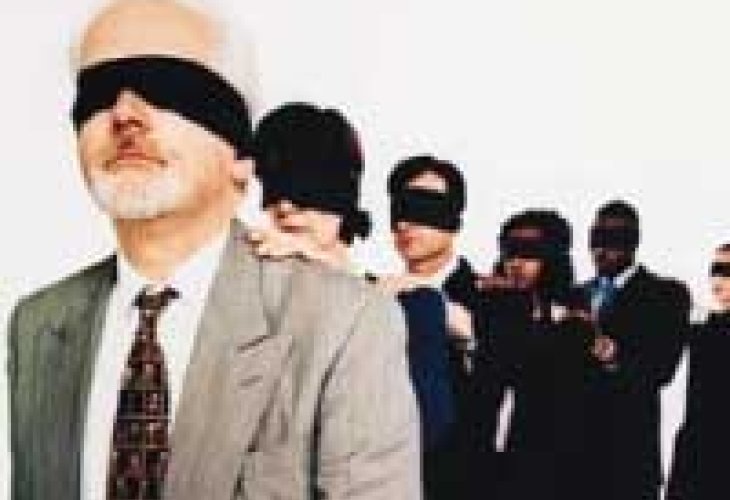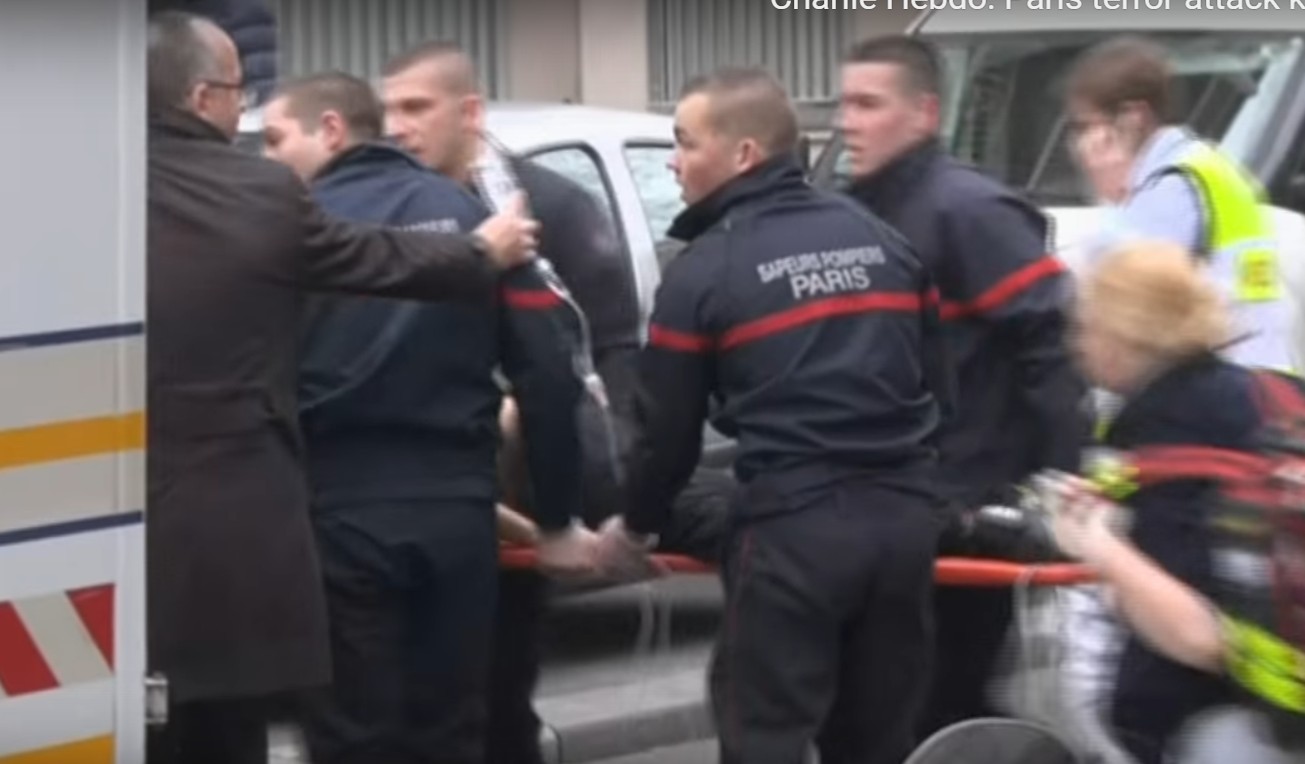Confessions of a Former Jihadist: "I Changed Thanks to My Jewish Neighbors"
A decade ago, Farid Benneido was seen as a guru for jihad supporters in France. Already then, at just twenty years old, he began advocating for terror, and it was then that he met the Kouachi brothers, the terrorists behind the attack on 'Charlie Hebdo' in Paris. Today, he fights against radical Islam and terror cells like ISIS. What sparked this transformation? "My Jewish neighbors," he says.
 Illustration Photo: shutterstock)
Illustration Photo: shutterstock)A decade ago, Farid Benneido was seen as a guru for jihad supporters in France. Already then, at just twenty years old, he began to advocate for terror, and it was then that he met the Kouachi brothers, who perpetrated the attack on 'Charlie Hebdo' in Paris.
Benneido knew of Kouachi's plan to carry out the heinous attack on 'Charlie Hebdo' and later expressed remorse for not doing anything to prevent the massacre in which 12 people were killed.
A few days after the attack, Benneido went to the police station in Paris to give his personal testimony. "I felt responsible for what happened," he tells in a rare interview with Tamar Shabak from 'Yedioth Ahronoth.' "I'm still in shock. In retrospect, what happened might seem logical, at least regarding Cherif. I thought he talked a lot, with many plots and schemes. But I never imagined that something like this would actually happen."
 Scene of the attack at the 'Charlie Hebdo' offices in Paris (Screenshot)
Scene of the attack at the 'Charlie Hebdo' offices in Paris (Screenshot)About his acquaintance with Cherif, Benneido says, "Cherif was always a criminal. I don't feel that I contributed to his radicalization because already in 2004, he wanted to harm Jews in France before his trip to the Middle East. I tried to stop him. When I was arrested, the police told me he wanted to smash the windows of a Jewish-owned store at six in the morning, when everyone was still asleep, just before he would leave the neighborhood forever. Afterwards, when I got out of jail, I was already in a different place. He had other people around him. He didn't need me."
"Thanks to my Jewish neighbors, I transformed my life"
Due to his radical terrorist activities, Benneido was arrested several times, but the last time he was released from prison, he decided to change direction, turn his life around completely, and work to eliminate Islamic movements that preach terror in France and Europe.
Within his work at the 'Center for the Prevention of Radicalization and Personal Monitoring,' managed by anthropologist Dounia Bouzar, Benneido succeeded in persuading about 30 young people not to become jihadists. Currently, he is co-authoring a new book with Bouzar to provide public organizations with tools to identify and confront radicalization. "I have blood on my hands because I defended these ideas," he says now. "I'm not seeking forgiveness or to erase what I did, that's impossible. But if I stay silent now, I'll be guilty again."
The tools he offers in his book, he himself did not receive. "People want others to change, and they say: 'Change, but we don't want to see you anymore.' We are just postponing the solution to the problem. They will spend 20 years in an Iraqi or Syrian prison, or ten years in a French prison, and when they get out, the problem will remain. Is anyone willing to employ these people? To extend a hand? We must believe in change; not just politicians. The people around me believed in me, and that was enough."
When asked who helped him leave jihadism, Benneido answers, "Mainly my Jewish neighbors. They never said anything to me; they were just there. We are close, neighbors on the same floor. When they need something, they knock on my door. When I got back from prison in 2009, everyone knew why I was imprisoned. Many people, even at the mosque, said to stay away from me. My neighbors could have also avoided me; they had a choice. But they chose to say, 'Hello, how are you? Can you come fix the toilet for us? Someone is sick, can you come help?' I realized they believed a person can change, and they were right. Through small, everyday acts, they gave me the desire to change. Thanks to them, I transformed my life."
On the Arab-Israeli conflict, Benneido now says, "I used to think Jews should leave Palestine. Even Israeli children seemed guilty to me, deserving death. Today, I see things differently. I tell myself there are people living there, born there, or who migrated there, and they want to live in peace in their ancestral homeland."

